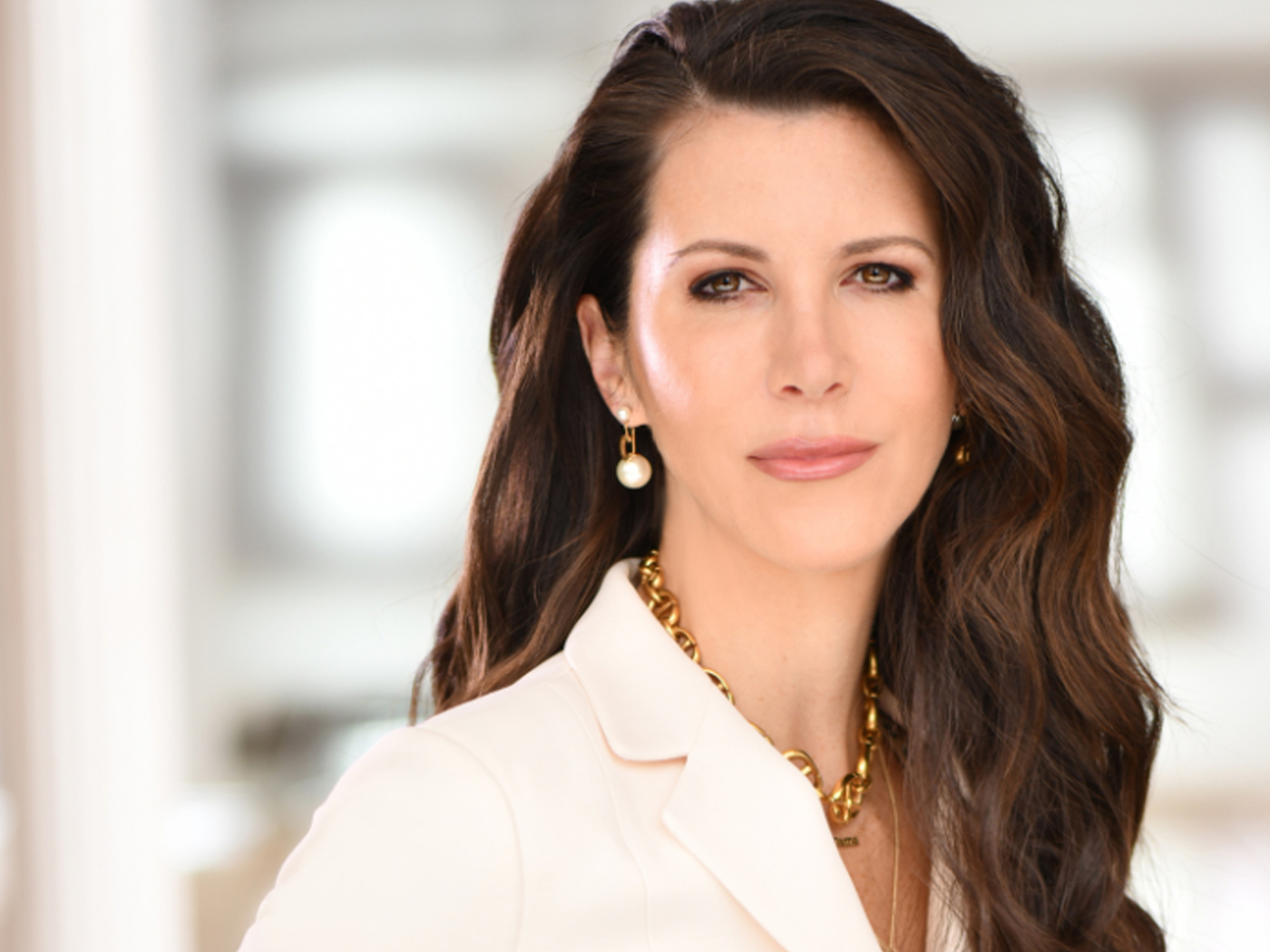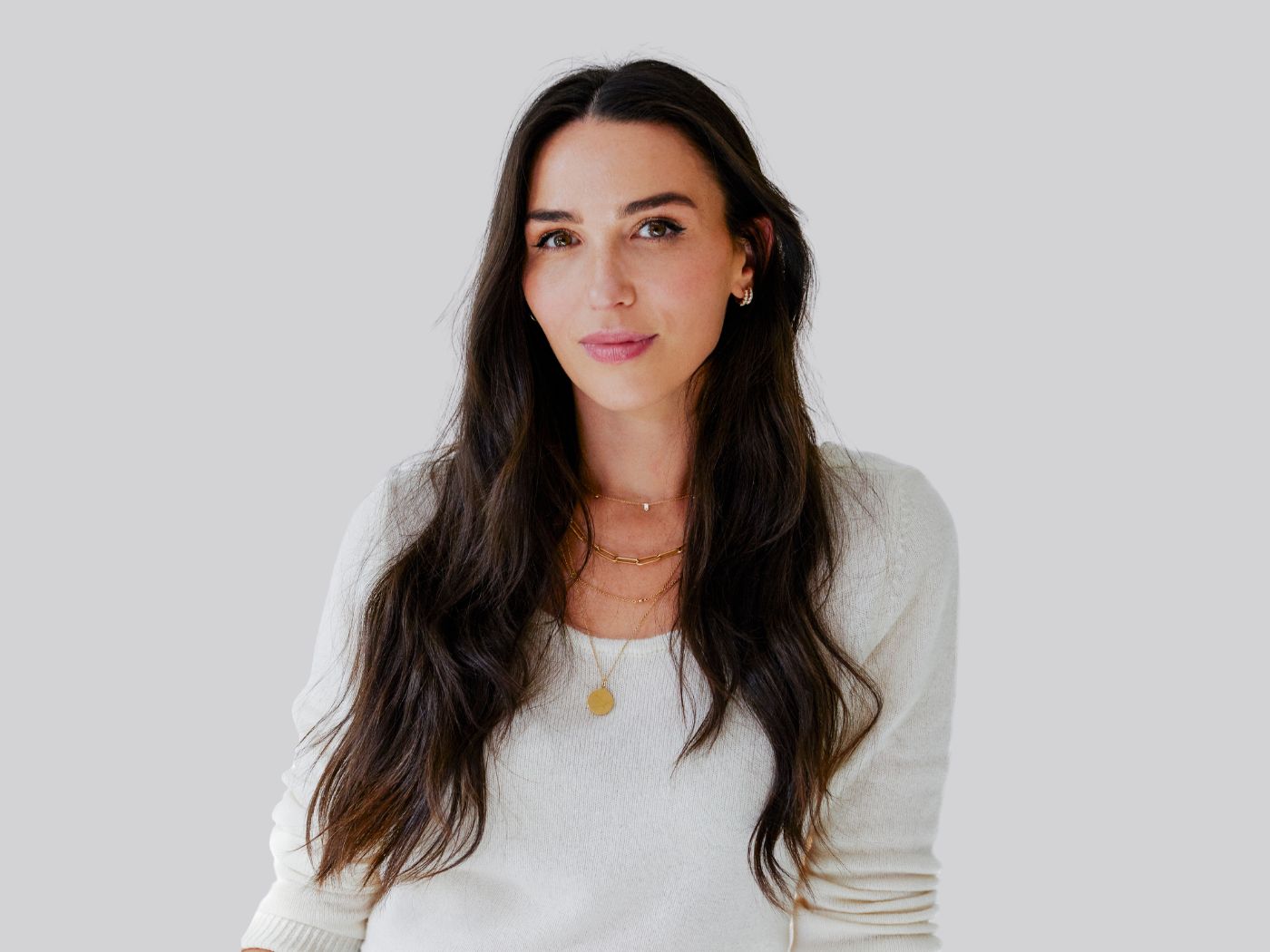The beauty industry’s movers and shakers gathered Wednesday morning at Midtown’s 21 Club to attend Fashion Group International’s Tastemakers Series, featuring retail, brand consultant andEstée Lauder Cos.board member , Rose Marie Bravo, interview The Estée Lauder Cos. President and CEO, Fabrizio Freda, on his thoughts on everything from the single most important thing every company should have, what makes a great leader, beauty’s biggest trends and his biggest lesson learned. Here, some highlights from the event.
RB: It’s been a little over four years since you became CEO of Estée Lauder and five years since you joined the company. What did you think the challenges were going to be before you joined and did those challenges live up to your expectations?
FF: First of all I didn’t expect to find the amazing team I found. I didn’t expect to find the strengths and fundamentals. I expected much less opportunities. I didn’t expect to meet William [Lauder, executive chairman] and to have his guidance that I’ve had for the past five years. In terms of the challenges, I didn’t expect to start just a few days before September 12, 2008 when it looked like the world was collapsing. So at the beginning of the journey we had to face a big crisis where we had to rethink the entire business model. But there is nothing better than a big crisis to make you look at a business in a different way. This really accelerated all of the changes William and I wanted to do. That was a surprise.
RB: At certain companies there can be a silo mentality, pyramids, fiefdoms. Estée Lauder had their share of that especially since so many acquisitions were build-ons and teams sort of came intact into the company. How did you break down those silos and get everyone integrated and working together?
FF: It was a challenge and something that we had to work together on in a very deep way. First of all, the important thing to understand is that the reason there were silos was not by mistake, but by design. There was one key idea: protecting the brands’ differentiation, their distinctive way of being, making sure every brand was a company, per se. And we wanted to protect this original intent. But at the same time we wanted to create scale wherever it was possible and collaborate together and share the most precious asset in any company: knowledge.So that was the challenge. How did we do it? First, we created the most amazing leadership team, bringing the brands, the regions and the functions together, with me and William managing the company as a whole, then creating and designing a new strategy together, and writing exactly what we wanted to achieve in the next five to 10 years.
Then we had to create a new spirit of collaboration and exchanging of knowledge, and determining via collaboration that we could achieve better results, and expecting this as a firm expectation from everyone. We changed the reward system of the company completely to this new reality, where achieving your own personal objective on your own brand was not enough and to get your full reward you need to have the company achieve the total objective. This changed a lot of behaviors. Today we are much more collaborative. But importantly, we are still a company of very distinctive brands.
RB: You mention vision and you have something called compass in your company. What can you share about the importance of vision?
FF: I think vision is the single most important thing in any company. Vision allows you to focus on where you want to go. It’s a way to allocate resources and attention. Without vision no company can really perform at a maximum. How to form a vision? I believe a vision should never be based on continuous improvement. You cannot anymore determine your future based on your past. There was a period in our business history where the experience was a very important element to determine the future. Today the level and speed of change is so fast that frankly the value of the experience to determine your future has decreased. It’s much more important to determine where you want to go, to picture your future, and then reverse engineer it. And that’s the way I operate the company personally and manage change accordingly.
A compass is a strategic tool that we use to do that. Many companies have a one-year budget and a three-year strategy. The next year you’d better know what happens in the next year, and the next three years is really kind of a guess. But what you really need to know is what is happening in the next 10 years. And that’s what the compass is. The direction is what counts. If the current trends continue, if the current consumer behaviors continue, if what we see around the world continues, how will the beauty world be in 10 years from now? And when we have this picture clear, we reverse engineer it and do what we have to do.So things like the investment in China that we are making today have definitely determined next year and how we picture the world 10 years from now. The decisions we are taking in categories, for example how much we are working in the world of skin care, is determined by next year’s budget but is also determined by what we believe will be the future of the aging of the population around the world.
RB: The company’s family values, the way they treat people, and if I can even say love, I feel makes the company very special. I think you share that.
FF: I completely share that, and I value that. With first working for a blue chip company and now a family company [Procter & Gamble], from my experience, a family company is much better. The values penetrate an organization. The Lauder family has the respect for creativity, the respect for leadership, respect for each other and the passion for winning. There’s an obsession for quality. Leonard [Lauder] always reminds us: Remember, my name is on the door. A family company is also authentic. In the world of business one of the missed elements is authenticity. Analysts always ask me what is the difference at a family company and I say that they are much more for the long term. Family companies are invested in the future. They want to be the best company forever.
RB: How important is ethnic and gender diversity at Estée Lauder?
FF: This is fundamentally important. I think diversity is the key driver of creativity. And creativity is the key driver of business and innovation. We have more women in the company than any other in the world. We were founded by a woman. Also we have ethnicity diversity, geographic diversity. Diversity is a strength and it is what we look for. For me the big idea is to have very diverse people working with your with teams that then collaborate. It’s not about improving yourself every day. It’s about leveraging strengths. I come from a company that every year my boss would come to me and say: You did a good job, and let me tell you the two or three things you need to improve. And I was always thinking: Why do we spend so much time fixing to improve rather than leveraging my strengths? It will pay out much better. So we believe in leveraging strengths. And each of us has different strengths and because we work in teams and collaborate, you create winning teams rather than winning individuals.
RB: How do you manage creative talent? And how does that link to innovation?
FF: That was one of my challenges in the beginning coming from an experience with a lot of consumer understanding and analytics and then entering a world where intuition and creativity are very important. And how to bring the two together? We say we are creativity driven, consumer inspired. This means that the best thing
you can do when you have creativity is to inspire it and put it at the service of the biggest opportunities and to inspire it with amazing insight that will make the creative people think and create even better. So I personally don’t believe for our industry in “consumer centric” or “consumer is boss.”You need to know what are the biggest opportunities. You need to get the information of what the consumer thinks, what are their aspirations, what are their dreams to inspire the creativity and then you need to create the unexpected. Not what the consumer tells you. You need to create something that is different and something that the consumer doesn’t know yet that they want but they cannot do without.
There are two ways to create. One way is “blue sky”, you wake up in the morning and you have a beautiful new idea. We have people blessed with this gift, I am not. Other people create via connecting dots. We connect things in a way no one has connected before. To connect dots you need to first create the dots, and then you connect them in creative ways. That creativity, which by the way is my creativity, is also present in analytical minds. We work creativity from both, from very creative minds and more analytical minds. Creativity is in everything.
RB: Instinct is something to cherish. The data can tell you all kinds of other things. I assume that is something that occurs at Estée Lauder?
FF: You need both. You need to analyze and then you need to create trends. You need to find a balance between both of these and make creativity at the center of everything that you do.
RB: What does it take to be a great leader today?
FF: Leadership is really about vision. Some time ago Leonard was honored at an event and he started his speech saying if you cannot see your future you will never get there. I think this is the simplest definition of vision I have ever heard. And it is exactly that. If you cannot see your future you cannot lead your team to get there. The first rule of a leader is seeing the future. And if you don’t see it, invent it. A good leader is also able to communicate this vision to make people aspire to work together to get there.
RB: What is the future of beauty? How has technology changed? What are women buying in products? How do you think about distribution channels?
FF: I think beauty is one of the most exciting markets. All the mega trends speak to beauty as a market to grow and develop. Think about how there has never been in the history of humanity more creation of the middle class. Women are becoming wealthier. Food, fashion and beauty are their top three priorities. The population is aging. The 60- and 70-year-old ladies of the next 20 years are going to be very different from those of the previous 20 years. They’ll be much more involved in beauty and fashion than they had been their entire lives. But the most important trend in beauty in diversity. The world is so diverse. Two thirds of the population of the world has skin color which is different from Caucasians. The companies that will be able to serve this diversity in the best way rather than try to standardize it will be very, very successful.
In our strategy we speak a lot about local relevancy but it’s not only about being locally relevant in a given language in a given country, its about finding the way to respect diversity the way it is and to celebrate beauty the way it is.
RB: What was the best advice you ever got?
FF: The best advice I ever got was from William in the beginning of my journey with the company when he said: Don’t give me yet any solution. Listen for six months. Learn who we are. Then we will discuss what we will do together.
RB: How about mistakes? Failures? Is there anything that has affected you in a way?



